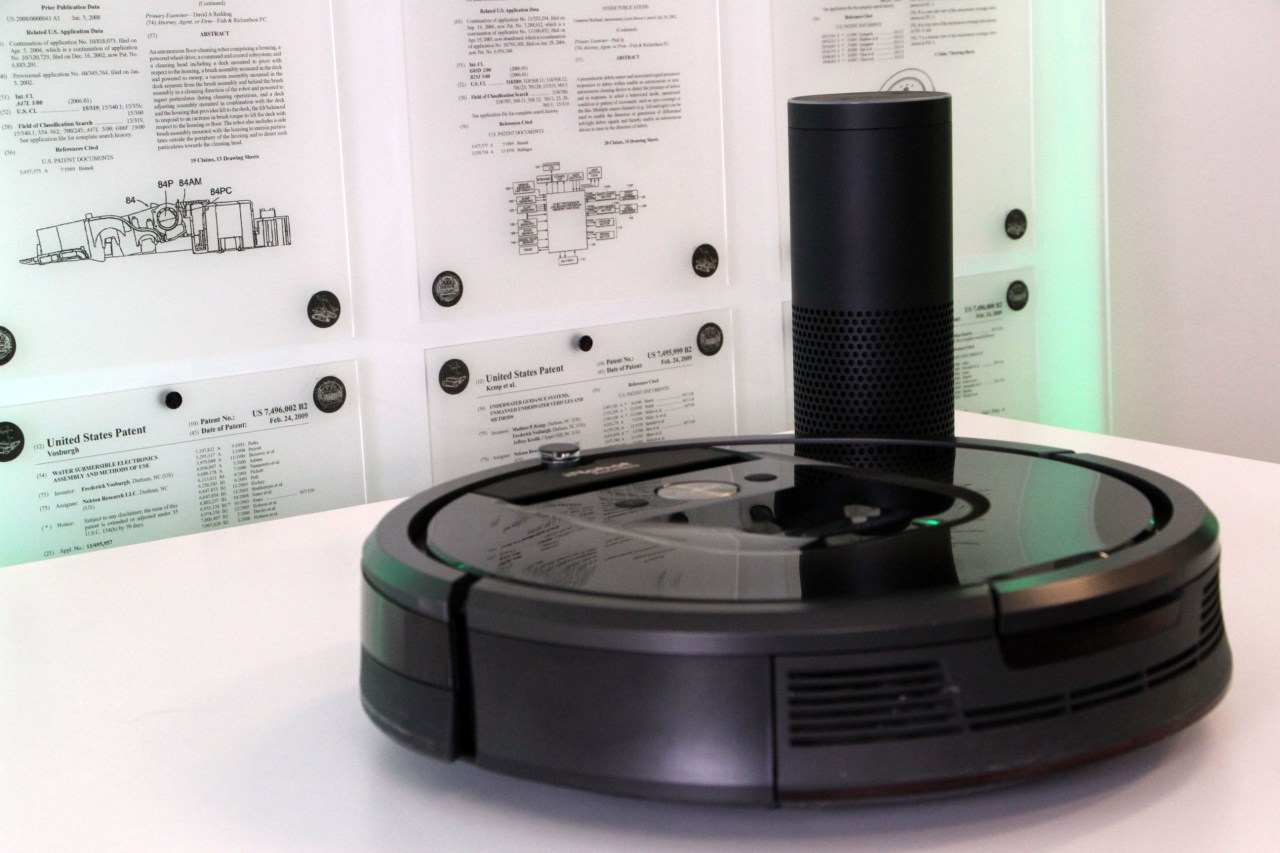In the wake of disconcerting privacy concerns, iRobot, the maker of the widely popular Roomba vacuum, is navigating a critical juncture in its business ethos. Following a triumphant Q2 and a significant acquisition, the company found itself at the center of a debate about consumer data privacy and the implications of advanced home mapping technology. With CEO Colin Angle at the helm, iRobot aims to quell these anxieties while maintaining a vision for a smart home ecosystem.
Decoding the Privacy Concerns
Recent statements from Angle clarify something pivotal: iRobot has no intention of selling Roomba’s home mapping data. This assertion comes in response to earlier reports that suggested otherwise, leading to public unease and media scrutiny. The implications of selling home mapping data are profound, as they signify a shift toward commodifying personal space—something many consumers are understandably resistant to.
The Fine Line Between Functionality and Privacy
As smart devices proliferate in our homes, they become part of a complex network of interconnected technology. Roomba’s ability to map environments offers numerous benefits, from efficient cleaning to potential integrations with other smart home devices. However, it raises important questions about data ownership and transparency:
- What data is collected? iRobot is clear about its mapping efforts, emphasizing that they aim to enhance user experience while mitigating any potential privacy breaches.
- Is data sharing voluntary? Angle assures that any sharing of mapping data will be strictly opt-in, ensuring that users have the final say—and the freedom to exit if they change their minds.
- Are users well-informed? iRobot is committed to making it easy for individuals to understand what data they are agreeing to share, moving away from the “fine print” trap so common in tech agreements.
A Collaborative Smart Home Vision
The idea of a smart home is not just about individual devices; it’s about creating an integrated, cohesive ecosystem. Angle hints at collaborative conversations with other smart home vendors focused on using the rich mapping data collected by Roomba to enhance various home automation experiences. However, the journey toward this interconnectedness requires building a foundation of consumer trust.
The Road Ahead: Maintaining Consumer Trust
For iRobot, transparency will be key. Angle emphasizes that fostering customer relationships hinges on open dialogue about data usage and the intended benefits. As the future unfolds, iRobot plans to reinforce these principles, aiming to reassure consumers that their privacy will always be a priority in every development phase.
Conclusion: Navigating the Smart Home Landscape
As we plunge deeper into a world increasingly defined by smart technology, it’s essential for companies like iRobot to lead not only with innovation but also with integrity. Trust is earned, and as iRobot pioneers this field, maintaining transparency will be vital in winning the hearts and minds of consumers. The evolving landscape of smart homes holds great promise, and with proactive steps toward responsible data management and customer engagement, iRobot can inspire confidence in those who welcome technology into their lives.
At fxis.ai, we believe that such advancements are crucial for the future of AI, as they enable more comprehensive and effective solutions. Our team is continually exploring new methodologies to push the envelope in artificial intelligence, ensuring that our clients benefit from the latest technological innovations. For more insights, updates, or to collaborate on AI development projects, stay connected with fxis.ai.

